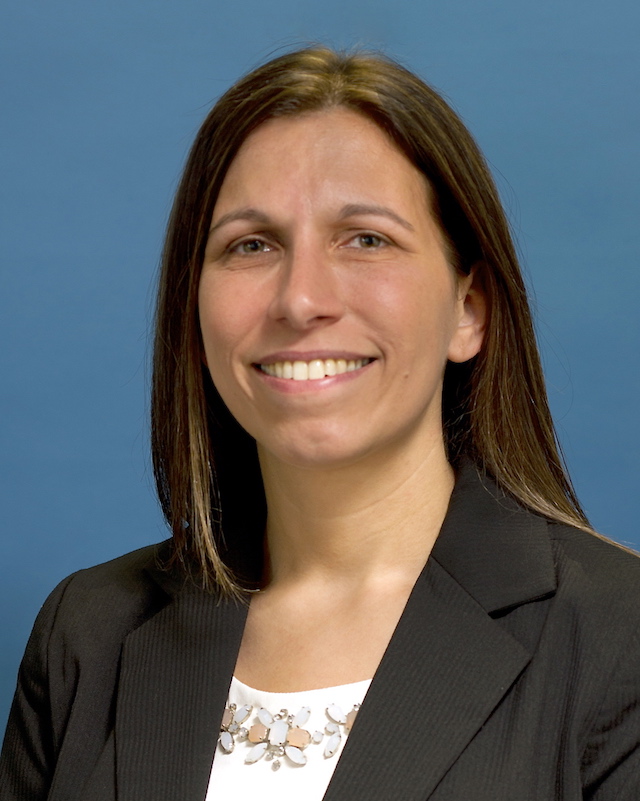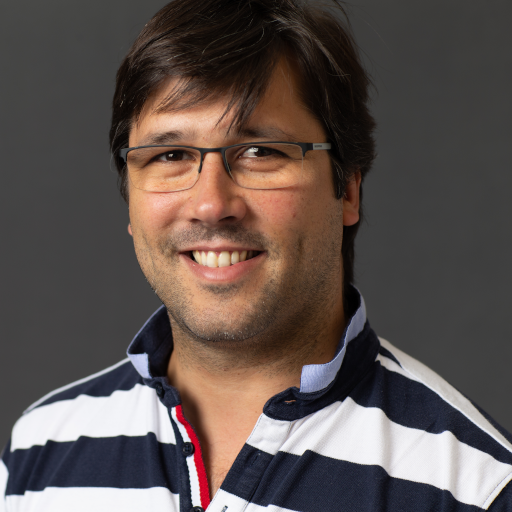
Dr. Laurel Riek
How community health perspectives can help us build better robots
Our society does not adequately support people with disabilities or their families, which leads to large rates of burnout, and ever-increasing health and financial inequities. Robots are not going to fix these major societal problems; however, our work explores how we might be able to design technology that lessens the burden of systemic ableism. We do this by centering and including people with disabilities, their caregivers, and their communities as we envision, design, develop, and deploy future robotic systems. I will discuss several of our recent projects in community health contexts, where we are creating interactive and adaptive systems that aim to extend the reach of cognitive neurorehabilitative therapies, provide respite to overburdened caregivers, and explore how technology might serve as a means for mediating positive interactions during hardship. We focus on building robots that can adaptively team with people, and personalize and tailor their behavior. We are exploring new research directions in perception, coordination dynamics, and long term learning.
Dr. Riek Bio
Dr. Laurel Riek is a professor in Computer Science and Engineering at the University of California, San Diego, with joint appointments in the Department of Emergency Medicine and Contextual Robotics Institute. Dr. Riek directs the Healthcare Robotics Lab and leads research in human-robot teaming and healthcare engineering, with a focus on autonomous robots that work proximately with people. Riek's current research interests include long term learning, robot perception, and personalization; with applications in acute care, neurorehabilitation, and home health. Dr. Riek received a Ph.D. in Computer Science from the University of Cambridge, and B.S. in Logic and Computation from Carnegie Mellon. Riek served as a Senior Artificial Intelligence Engineer and Roboticist at The MITRE Corporation from 2000-2008, working on learning and vision systems for robots, and held the Clare Boothe Luce chair in Computer Science and Engineering at the University of Notre Dame from 2011-2016. Dr. Riek has received the NSF CAREER Award, AFOSR Young Investigator Award, Qualcomm Research Award, and was named one of ASEE's 20 Faculty Under 40. Dr. Riek is the HRI 2023 General Co-Chair and served as the Program Co-Chair for HRI 2020, and serves on the editorial boards of T-RO and THRI.

Dr. Tiago Guerreiro
Designing Inclusive Technologies that Promote Collaboration, Playfulness, and Self-Efficacy
When we hear people talking about accessibility, it is common to observe an attempt to put a band-aid on a problem. Accessibility as an after-thought not only creates interactive systems that are not accessible from the beginning but also leads to "accessible" systems that are superficial and no longer fit the purpose they were intended for. In these cases, people with disabilities tend to be presented with sub-optimal systems that limit their interactive experience. In this keynote, I will talk about our engagements with communities of people with disabilities to create interactive experiences that are playful, collaborative, and promote self-efficacy, in the contexts of inclusive learning, inclusive gaming, and human-robot interaction. This includes presenting research projects we have been working on in the last few years but also the different methodologies applied to get a deeper understanding of the communities we collaborate with, and the impact of our own interventions.
Dr. Guerreiro Bio
Dr. Tiago Guerreiro is a Professor of Computer Science at Faculdade de Ciências da Universidade de Lisboa and a researcher at LASIGE. His research is focused on improving accessibility and health, by working closely with the communities he works with, co-designing solutions, developing and assessing their impact in the wild, in carefully-designed deployments. In these areas, he published 75+ peer-reviewed papers. He received awards for 10+ papers, including at ASSETS, CHI, SOUPS and MHCI, the flagship venues for Accessible Computing, HCI, Usable Privacy and Mobile HCI, and an ACM Best of Computing award in 2016. He was a keynote speaker at Handicap 2016, MUM 2019, BIOSTEC 2021, and MPAT 2021. He is Editor-in-Chief for ACM Transactions on Accessible Computing and was ASSETS 2020 General chair. He was the Web for All General and Program Chair, in 2016 and 2015, respectively, was Chair of the “Accessibility & Aging” Subcommittee for CHI 2019, among many other service roles. He was an invited expert supporting the European Commission in implementing the Web Accessibility Directive. He currently advises 6 PhD and 8 MSc students and mentors 2 PostDocs. He is a founder and current president of his institution Ethics Review Board, the coordinator of LASIGE’s research line on Accessibility and Aging, and member of the coordination board of the Data Science Master at FCUL. He leads the Tech&People Lab. Among other projects, Prof. Guerreiro is currently active in the EU Project WideHealth on the topic of Pervasive Health technologies.